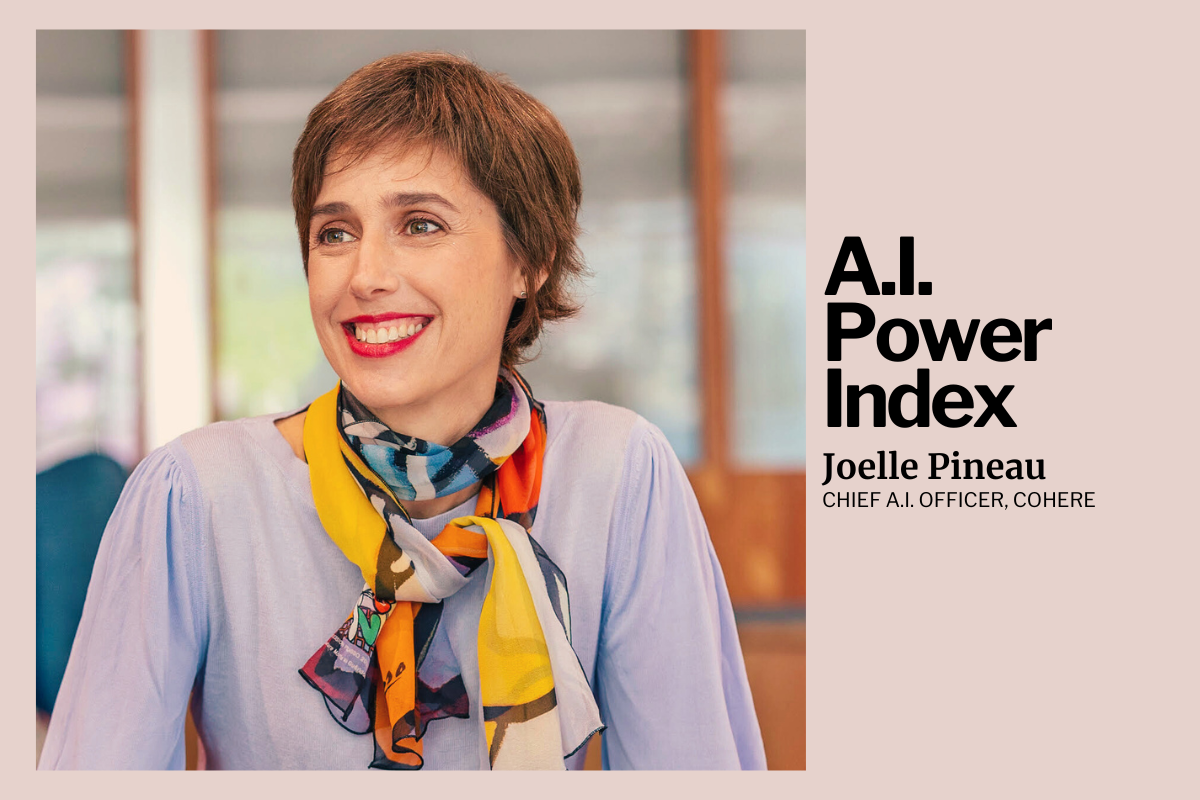Joelle Pineau Joins Cohere as Chief AI Officer Following Departure from Meta

Joelle Pineau, a prominent figure in artificial intelligence research and former Vice President of AI Research at Meta, has joined Cohere as its Chief AI Officer. Her move to the enterprise AI platform comes after nearly eight years at Meta, where she played a pivotal role in leading the Fundamental AI Research (FAIR) team and contributing to significant open-source AI projects, including the Llama series of large language models and PyTorch. Pineau's transition marks a notable shift in the AI landscape, bringing her expertise to a company focused on enterprise AI solutions.
Pineau's tenure at Meta saw her lead a team of approximately 1,000 researchers across multiple locations, shaping the company's long-term AI strategy. She was instrumental in advancing machine learning frameworks and applications in areas like voice translation and image recognition. Her departure from Meta in May 2025 coincided with the tech giant's intensified focus and substantial investments, estimated between $60 billion and $65 billion, in AI development and infrastructure.
In a recent podcast with Harry Stebbings, Pineau shared insights on several critical AI topics, including the continued relevance of scaling laws and the challenges of acquiring talent in the competitive AI market. She also delved into the future of synthetic data and its implications for model performance, as well as drawing parallels between the current state of AI coding and image generation in 2015. These discussions highlight her deep understanding of both the theoretical underpinnings and practical applications of AI.
At Cohere, Pineau will oversee the company's AI strategy across its research, product, and policy teams, aiming to drive further innovation in enterprise AI. Her appointment is expected to bolster Cohere's position in the rapidly evolving AI sector, leveraging her experience in guiding large-scale AI research and development. The move underscores the increasing demand for top-tier AI leadership as companies vie for dominance in the global AI race.